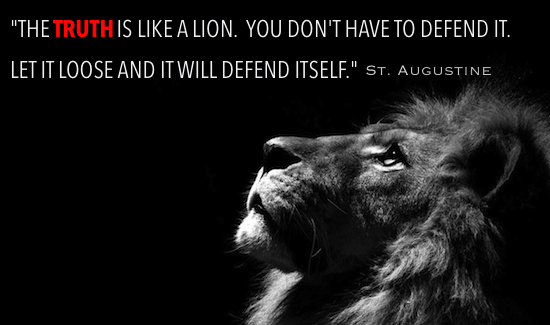
I think the biggest challenge to a memoir writer is concern about what family and friends will think of what we’ve written. That’s true in fiction as well as in memoir: when people think they recognize themselves, they can become quite affronted. Or they can belittle the piece, claiming, “That’s not the way it happened at all.”
With fiction, people tend to be a bit more accepting of what you write, since it IS fiction, after all. But with memoirs, oh, watch out. Toes will be tread on, guaranteed. And feelings will be hurt, and accusations will be made.
Should this stop you from writing a truthful memoir? I hope not. What happens to you in your life is YOUR story. You can ask permission of those you wish to include, but that won’t solve the problem. My only suggestion is that you write the truth, as you see it, the pure truth, and let it stand. If others are offended, then you can explain that the memoir is YOUR memories, YOUR impressions, YOUR life.
Anne Lamott regards the difficulty of writing about family and friends as a non-issue: “You own everything that happened to you,” she wrote in Bird by Bird. “Tell your stories. If people wanted you to write warmly about them, they should have behaved better.”
What you write is a personal decision. There might be some stories that are too painful to write about, or too harmful to others. There are laws about liable and defamation, and so on, so you might want to review those laws before you publish.
Or, you can always choose to leave out some events in your life. Find the defining events, and perhaps choose wisely among those so as not to hurt or offend.
But if you write your memoir from the aspect of truth and memories as best as you can recall, then you are on firm foundation. Don’t be cruel, don’t be vindictive, but tell your story.
